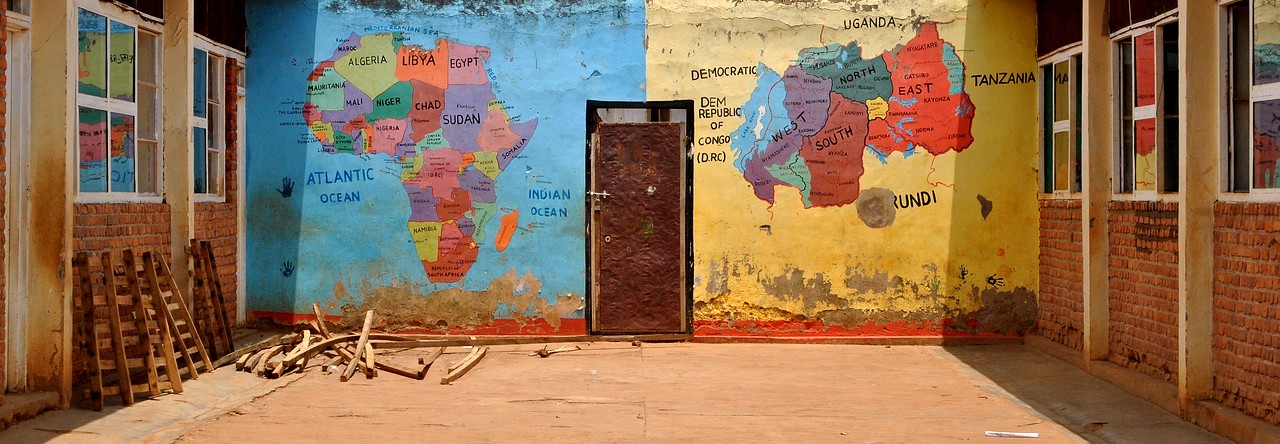 — By Mmabatho from Botswana
— By Mmabatho from Botswana
“Nooo man, you’re gaining weight.” -African Proverb
Thanks to global integration of human politicking, it has become taboo to speak on one’s weight or body image (well…at least it is frowned upon).
However, Botswana’s President Ian Khama disgruntled a few social media users in his last State of the Nation address, sharing that the 31% of the nation’s population is overweight. Though notably, the government has a national nutrition strategy aimed at reducing malnutrition and diet related conditions such as obesity and being overweight, the percentage is a sharp increase from the previous year. In 2016, it was documented that 20,11% of the nation’s population is overweight, showing a sharp rise in an overweight population in Botswana.
While one can take the knee jerk reaction of subscribing over eating to an overweight population, many factor including mental health are contributors to being overweight. However the largest factor is access to nutritional food.
Studies have shown a relation between food insecurity and diet related health conditions. It has been hypothesized that lower income households are more dependent on high energy, inexpensive and highly palatable foods. There is a further to a cyclical relationship of having enough food at the beginning/ direct end of the month followed by food scarcity from mid-month towards month end. This is a determinant of access to nutritious foods which are typically set at higher prices based on demand and supply.
Environmentally speaking, Botswana has become a host to increased droughts and rainfall variability due to climate change. Low agricultural productivity and competitiveness in the country is a growing culture due to poor availability and access to markets and a lack of cohesive irrigational farming.
According to 2016 SADC report on food security and poverty eradication, Botswana’s history of insufficient and unsustainable financing and investment in agriculture by the private and public sector has led to constrained growth in agricultural GDP, fueling food insecurity and poverty.
While FAO has estimated a total of 1 million living in the country as food insecure, the country is facing a slow pace journey towards food security. While Botswana currently imports most of its food from South Africa (P595.5 million in as of February 2017), FAO suggests that the situation on food security is expected to improve between now and 2018.
Additionally, Minister of Finance and Economic Development proposed for the Ministry of Agricultural Development and Food Security be allocated the fifth largest budget of P983.81 million, which is aimed at majoring projects towards improving food security. This can lead to better implementation of mitigation strategies that need to be rolled out to ensure our nation’s people as food secure.
While an overweight population does not directly determine Botswana’s state of food security, one cannot help but notice the relativity between 1 million of the populous being food insecure and of that fraction, those that are subjective to diet related illnesses. If the state of the nation’s dietary health is of national concern, implementing mitigation strategies to ensure food security is an easy top of the to-do list for the government.

